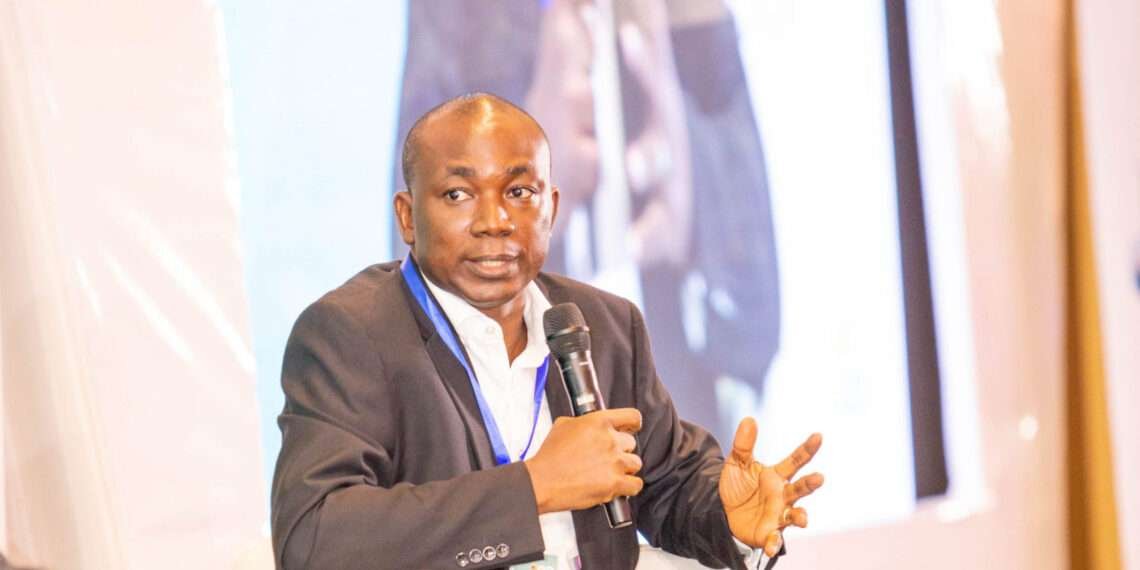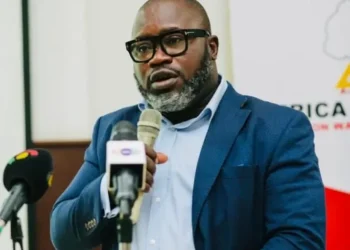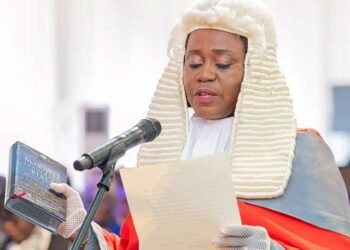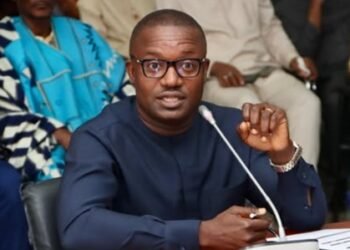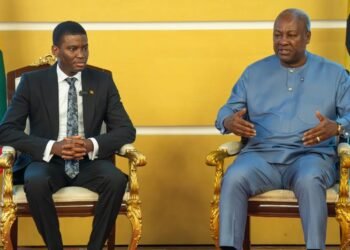Economist at the University of Ghana, Professor Godfred Bokpin, has disclosed that Ghana’s move to the IMF for a bailout comes as no surprise as the country met all requirements last year.
According to him, for a number of low-income countries, it looks as though going to the IMF is a football league, “more competitive than the English Premier League or the Spanish La Liga”. He revealed that countries such as Liberia is currently a record holder with 24 IMF visit, whereas Ghana is on the verge of clinching her 17th.
Prof Bokpin explained that the reason Ghana has visited IMF often goes back to government’s first application to the Fund in 1965, under Dr Kwame Nkrumah. The reasons Ghana cited, he indicated, is manifesting in the 2022 term sheet, which includes ballooning public debt, revenue underperformance, high expenditure, depleted reserves, depreciation of the cedi and high inflation.
“Ghana’s impending 17th IMF supported program for me is not surprising. But what is rather surprising to me is that we made the call a bit too late. The reason I say so is that, the optimal time for Ghana to have made the call for a Fund supported program was actually in 2021. The last quarter of 2021, Ghana had met all the requirements to check in at the IMF rehabilitation center.”
Prof Godfred Bokpin
Prof Bokpin stated that the first major economic decision Ghana took after the overthrow of Dr Kwame Nkrumah was to go to the IMF and since then, it’s been highly predictable. He noted that when Ghana exited the 16th IMF program in 2019, the Fund knew government will make a comeback.
“I believe the IMF bought their ticket in advance before we placed the call on 1st July, 2002. The following Wednesday, the IMF was in the country. In fact, the signal was there in the last quarter of 2021 when Ghana tried to raise Eurobond from the market. So, the understanding was that, they were going to use the 2022 budget to make a strong statement in terms of assuring investors of a sustainable [plan] to our debt sustainability.”
Prof Godfred Bokpin
Addressing debt crisis in the country
The current crisis of “public debt”, Prof Bokpin highlighted, is replete across all the programs Ghana has had. He indicated that the debt-induced microeconomic instability with fiscal policies ought to blame, as reasons cannot be solely ascribed to Russia-Ukraine war.
The economist underscored that the factors that have led the country to the Fund for sometime are both internal and external. As such, once the resilience of the economy is very weak and the external shocks interplay, it only magnifies the exiting vulnerabilities of the country as compared to other economies.
“We can compare ourselves to Cote d’Ivoire; when our economy grew by 0.4% in 2020, Cote d’Ivoire did about 2%. When we celebrated single digit inflation of 7.14% in 2021, Cote d’Ivoire was doing less than 1% and you can check the extent to which their economy was much more resilient to COVID and Russia-Ukraine as compared to Ghana.”
Prof Godfred Bokpin
To address the economic challenges, Prof Bokipn expressed the need for stakeholders to be honest and speak truths to duty bearers so that the country can come out of its economic crisis. He underscored that a country like Cote d’Ivoire deserves to “weep more than the bereaved” because it is part of countries that are more import-dependent on Russia-Ukraine in terms of stable food, of which “Ghana is not in the top eight” to be reeling in such crisis.
READ ALSO: Climate Change A Global Emergency, Redeem $100 Billion Pledge– Akufo-Addo To COP27



